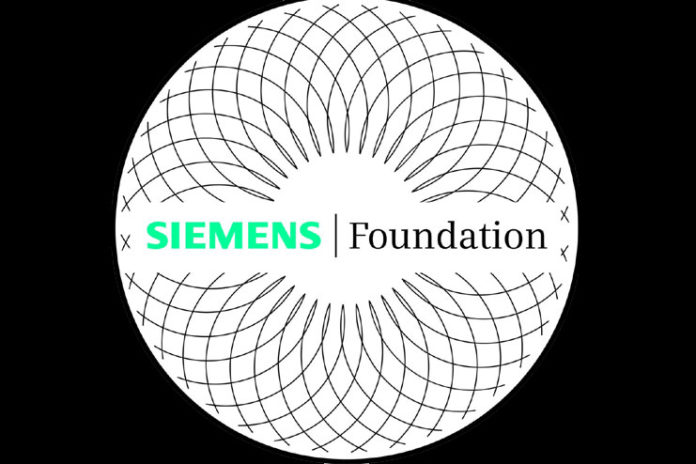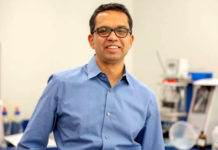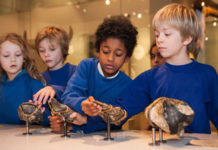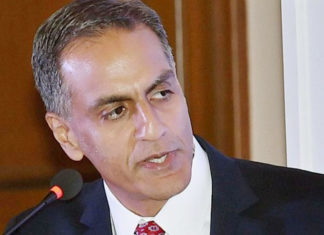Nikhil Cheerla and Anika Cheerla were named as the top team winners and Vineet Edupuganti and Pranav Sivakumar were chosen as the top individual winners at their respective Siemens Competition in Math, Science and Technology in the regional finals.
Edupuganti, of Portland, Oregon and both the Cheerlas from Cupertino, California were chosen as winners at the California Institute of Technology regional final, while Sivakumar, of Tower Lakes, Illinois was the winner at the University of Notre Dame regional.
“These students are truly the best of the best,” said Siemens Foundation chief executive officer David Etzwiler in a statement. “They are high school students presenting graduate-level research to improve the lives of people around the globe. We’re proud to support them and further that cause.”
A senior from Oregon Episcopal School, Edupuganti won top honors for his project, “Development of a High-Performance Biodegradable Battery for Transient Electronics.”
“Imagine, instead of going in for an MRI, you swallow a pill with an ingestible sensor and for the next three days it tracks what’s happening in your body and sends that data wirelessly to your doctor. Then, once it’s served its purpose, the pill dissolves and causes no harm to you. That’s what Vineet’s battery could make possible,” regional final judge Dr. Julia Greer, a professor at Caltech, said. “This is an innovative, creative and original project that represents Vineet’s own independent thinking and troubleshooting.”
The Cheerlas — Nikhil, a senior, and Anika, a sophomore, at Cupertino, Calif.-based Monta Vista High School — won for their project, “Mitosis Detection and Tumor Grading Using Deep Convolutional Neural Networks.”
“Nikhil and Anika’s research shows not only creativity,but also initiative to solve real-world problems,” said competition judge Dr. Alexandre Cunha, director of the Center for Advanced Methods in Biological Image Analysis at Caltech. “Using artificial intelligence to address the important problem of automatic cancer detection through computing is of great societal value. This innovation could potentially save pathologists hours of tedious manual image analysis, improve performance, and quantify cancer severity in a patient more reliably.”
Sivakumar won for his research studying Almost Dark Galaxies, the masses that are mainly composed of dark matter, “Searches for Almost Dark Galaxies in Blank Sky Fields with the Sloan Digital Sky Survey.”
“Pranav’s discovery is a possible breakthrough in deepening our understanding of the universe, what it’s made of, and how our galaxy and stars got assembled together,” said judge Dr. Grant Mathews, a professor of theoretical astrophysics and director for the Center for Astrophysics at Notre Dame. “Pranav has exerted a great deal of tedious independent work and found a way to identify a number of promising candidates for these ‘missing galaxies,’ which could help solve the mystery.”
By Premji














































